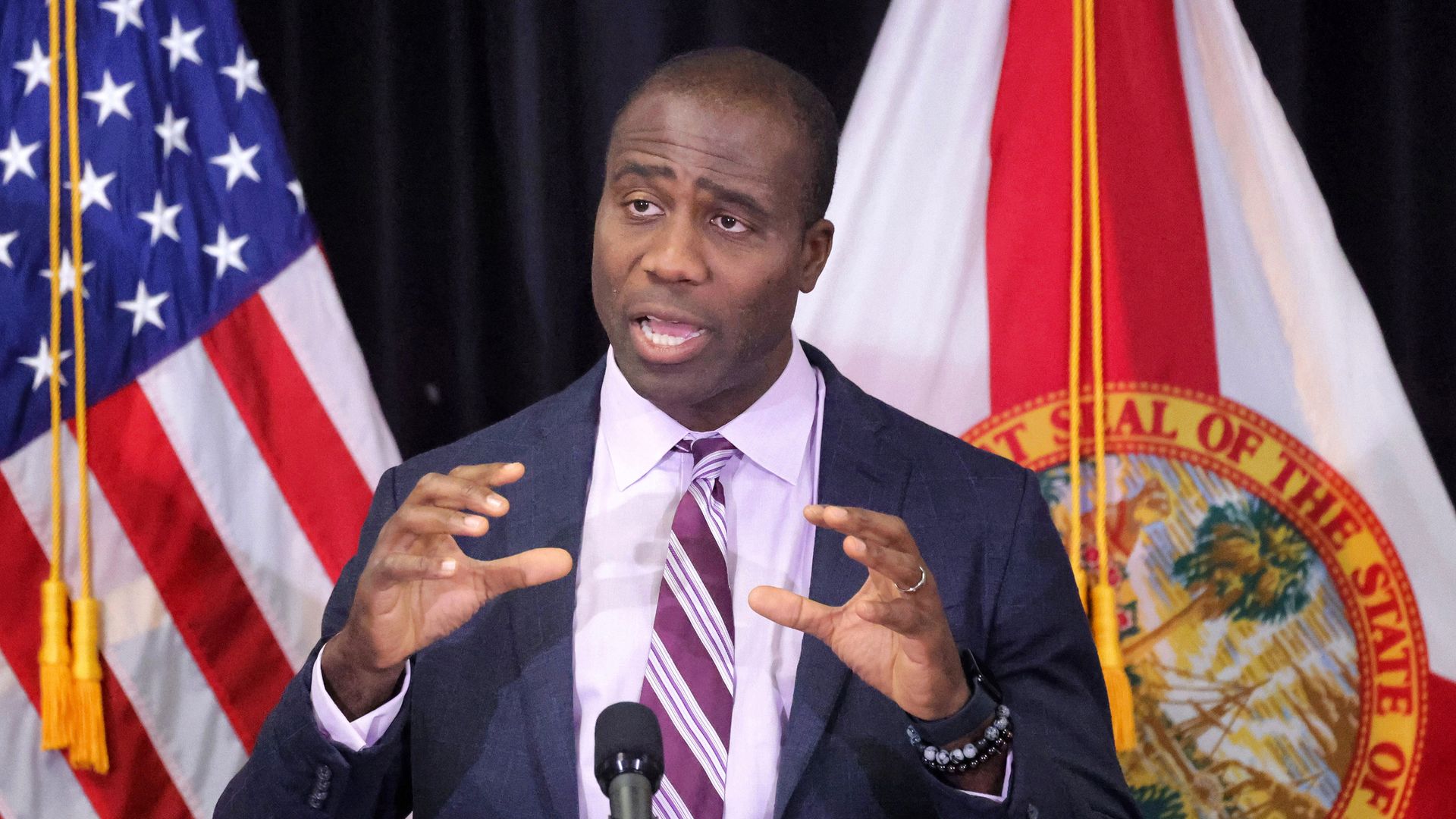Florida is getting ready to implement a major alteration to its public health strategy, as state representatives have confirmed intentions to remove all vaccine mandates. The statement, made by Florida’s surgeon general, indicates a notable change in policy that could transform vaccination rules within workplaces, educational institutions, and governmental bodies throughout the state.
The decision reflects an ongoing debate over individual choice and public health, a conversation that has intensified in recent years following the COVID-19 pandemic. While federal and state governments across the country introduced various vaccine requirements to curb outbreaks and protect vulnerable populations, Florida has consistently taken a different path — prioritizing personal freedom over mandates. This latest move reinforces that stance, setting the stage for a broader discussion about the balance between public safety and individual rights.
Under the proposed framework, vaccine requirements that have traditionally applied to certain sectors — including healthcare, education, and state employment — would no longer be enforced. Businesses and organizations will have the option to encourage vaccination, but they will not be permitted to make it a condition for employment or access to services.
The Florida Department of Health has indicated that the policy will extend to both current and future vaccine recommendations, encompassing not only COVID-19 but also other immunizations that have historically been mandatory in specific contexts. This includes vaccines required for school attendance and healthcare facility staff, which have long been part of standard public health practices.
Officials argue that the change is rooted in the principle of medical autonomy, asserting that individuals should have the right to make decisions about their own health without government intervention. Supporters of the policy contend that mandates can create unnecessary division and erode public trust, while voluntary vaccination programs foster cooperation and respect for personal choice.
Florida’s surgeon general has frequently expressed doubt regarding vaccine requirements, especially those enforced at the peak of the COVID-19 pandemic. State authorities contend that although vaccines may offer advantages, people should maintain complete control over their healthcare choices.
In official remarks, the surgeon general highlighted that this strategy aims to safeguard individual liberties while supporting informed decision-making. Instead of enforcing mandatory actions, the state intends to prioritize outreach efforts that deliver precise data regarding vaccination, enabling citizens to choose voluntarily based on their personal situations.
Critics, however, raise concerns about the potential impact on public health. Vaccine requirements have historically played a role in controlling the spread of contagious diseases in schools, workplaces, and healthcare environments. Eliminating these mandates, they argue, could increase vulnerability to outbreaks and reverse decades of progress in disease prevention.
The announcement has drawn strong reactions across the political spectrum. Supporters hail the move as a victory for personal liberty, framing it as a necessary corrective to what they view as government overreach during the pandemic. Opponents, on the other hand, warn that dismantling mandates could lead to lower vaccination rates, putting communities at risk and creating additional strain on healthcare systems.
Nationally, the choice made by Florida might impact other states that have deliberated on comparable actions. Some states have strengthened vaccine mandates in reaction to recent health concerns, while others have reduced them, highlighting an increasing split in public health strategies throughout the United States. Florida’s prominent position could encourage legislators in other areas to contemplate similar laws.
One of the most significant consequences of this policy will be in education. For decades, school vaccine requirements have been a cornerstone of public health, ensuring high levels of immunization among children to prevent outbreaks of diseases such as measles and whooping cough. If Florida eliminates these mandates entirely, it would mark a major departure from long-standing practices designed to protect vulnerable populations, including infants and immunocompromised individuals.
Medical institutions might encounter difficulties adapting to the updated regulations. Traditionally, healthcare centers, such as hospitals and clinics, insist that their staff receive specific vaccines to safeguard both patients and personnel against contagious illnesses. Eliminating these requirements may lead to practical and moral challenges for management aiming to ensure secure care settings.
The state legislature is expected to review and formalize the policy in the coming months. Public hearings and stakeholder consultations may take place to address implementation details and potential exceptions, such as requirements during declared public health emergencies.
Meanwhile, state representatives in Florida emphasize that their approach will prioritize voluntary involvement and making sure people are well-informed rather than using force. The state has announced intentions to enhance educational materials for its citizens, offering transparent and easy-to-understand details about vaccines, their advantages, and possible drawbacks.
As Florida advances with its initiative to remove vaccine mandates, this action is expected to stay at the forefront of a national discussion. It brings up essential inquiries about the government’s role in public health, the boundaries of personal liberty, and how communities should get ready for upcoming health emergencies while respecting personal freedoms.
For millions of residents, the change represents both an opportunity and a challenge: the freedom to choose without external pressure, coupled with the responsibility to make informed choices in the interest of personal and community well-being.



:strip_icc()/GettyImages-1285710682-b0236f4671d1428fa53fd5be8a37c521.jpg)

